KLANG, Aug 16 — Shamala has lived in Taman Melawis, here, for about 20 years and experienced many floods over the years.
But the December 2021 floods were the worst as it left her family of three stranded in their single-storey home for two days.
The 53-year-old housewife estimates that she lost over RM16,000 worth of goods, furniture and appliances during the disaster.
Her husband, 58-year-old Mariappan, owns a modest lorry transport service and they live with their 23-year-old daughter.
“During the floods, we were stuck in the house. No one helped us. Our beds were in the water so we could not even sleep,” she recalled.
The year-end flooding caused by heavy rainfall of over 300mm within 24 hours on December 18 was among the worst recorded nationwide.
Tens of thousands of people across peninsular Malaysia were displaced; those in Klang were among the worst affected.

Shamala’s family home is one of many in the low-lying areas of Taman Melawis which has experienced repeated floods off-and-on over the past 20 years.
She estimates her family has spent upwards of RM15,000 on modifications to their home over the years.
Fearful of a recurrence this year, they dug into their meagre savings and spent about RM800 last month to build a mini dam in front of their front door to keep high waters out.
Shamala’s home was not the only one to sport modifications to their house when Malay Mail visited recently.
A handful of residents were in the midst of renovations; raising the height of their porches or building embankments in front of their gates.
Many more houses appeared to have completed similar constructions aimed to prevent flood waters from entering their compound.
One resident who was raising the height of his porch told Malay Mail that he had set aside RM20,000 for renovations, which includes tiling work and a new gate to replace the current 20-year-old one that was getting harder to push open.
Another resident, Kardel, said his family has spent money every year since the 1970s — the house was his father’s — to stop soil from washing into the open drain next to his house, causing blockage.
He said the regular overflow of water from the drain and shifting soil over the years has caused cracks in the walls of his house.
He uses tyres, rocks and chips of tiles and cement to fortify the soil at the edge of the drain.
“If floods come again, me and my wife have to deal with it alone at home, moving furniture and all that,” the 70-year-old told Malay Mail.
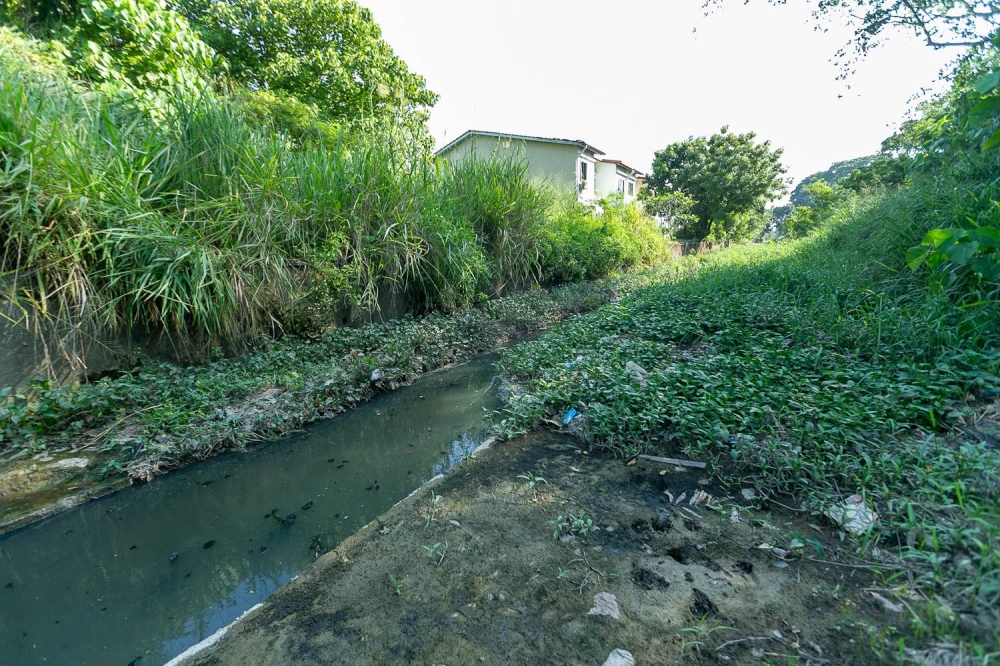
Kardel explained that his grown-up children no longer lived with him.
Residents also say that aid from authorities has been slow to come.
“We are very disappointed with the delays, and are afraid that the damages from the floods are going to get worse,” said Meganathan Ariginam, 38, president of the Taman Melawis residents’ association.
Serjeet Singh, a retired Water Works Department technical officer who also calls Taman Melawis home, said he was very happy that the authorities have approved a RM15.8 million flood mitigation project for the area “and are working on it.”
But the 66-year-old also said that he is unsure if the decades-long flood problem would be solved even if the project is completed.
In March, The Star reported that the Selangor government announced that it had approved a RM15.8 million project for flood mitigation in Taman Melawis.
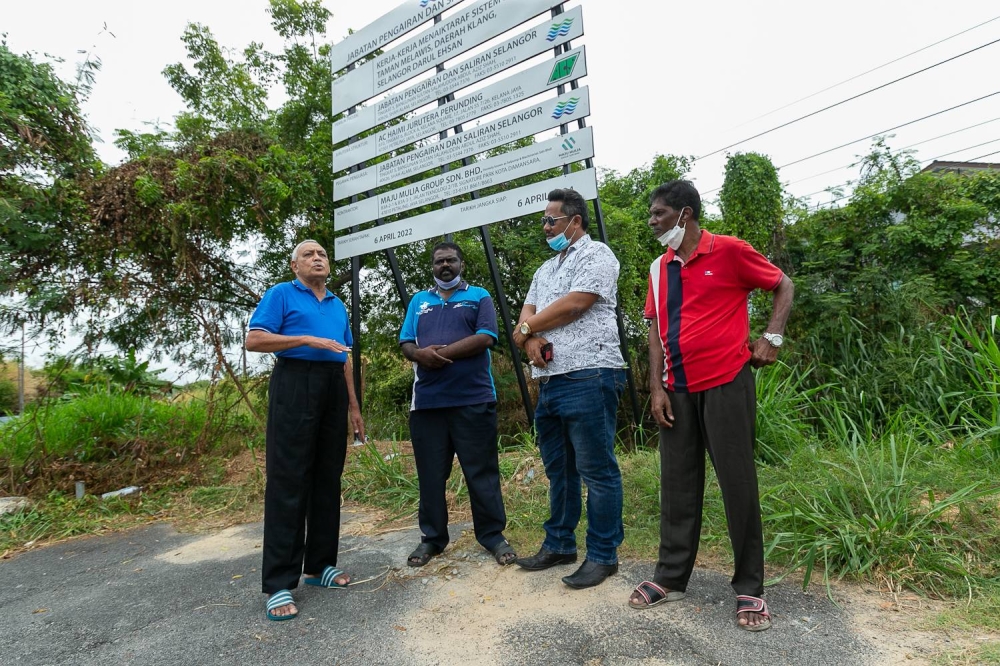
The project, which includes an upgrade to the pumps at the Taman Melawis flood gates and the construction of a culvert to redirect rainwater to the flood gates more efficiently, is set to be completed in 2024.
Klang MP Charles Santiago and members of the Taman Melawis residents’ association said they met with the contractors of the project in April and were told that construction would begin in mid-June this year.
Yet, as of August 11, only construction signboards have been put up at the build sites.
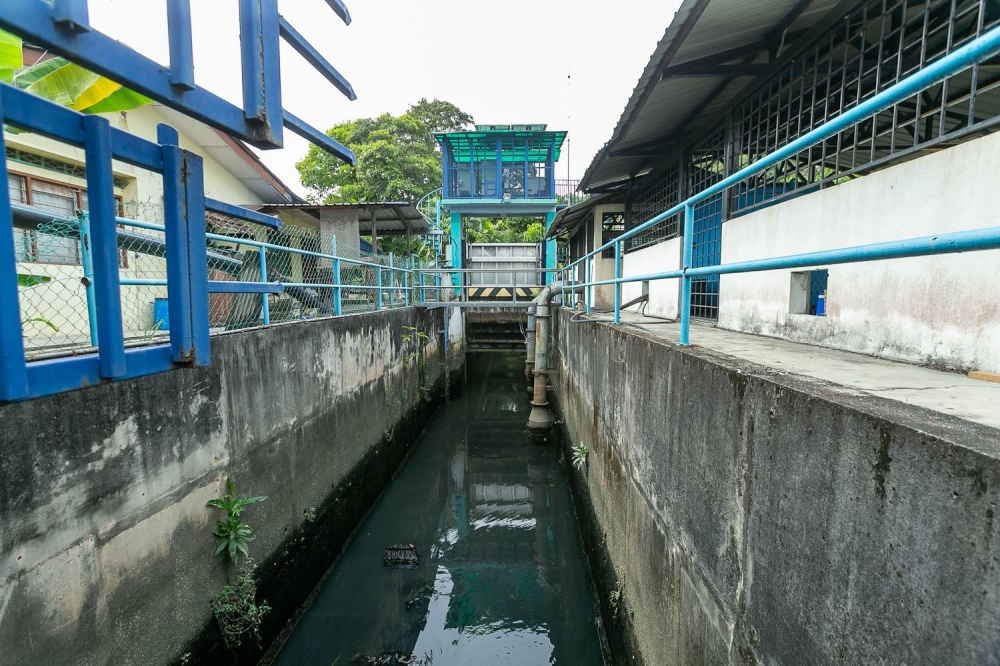
Additionally, a project with a very similar description to the one announced in March, was reported by The Star to have been approved in 2017, with construction to begin in 2018.
Selangor state assembly records also show that the project, which was already valued at RM15.8 million in 2018, was expected to be completed by 2019.
It is unclear why the project was delayed or never completed.
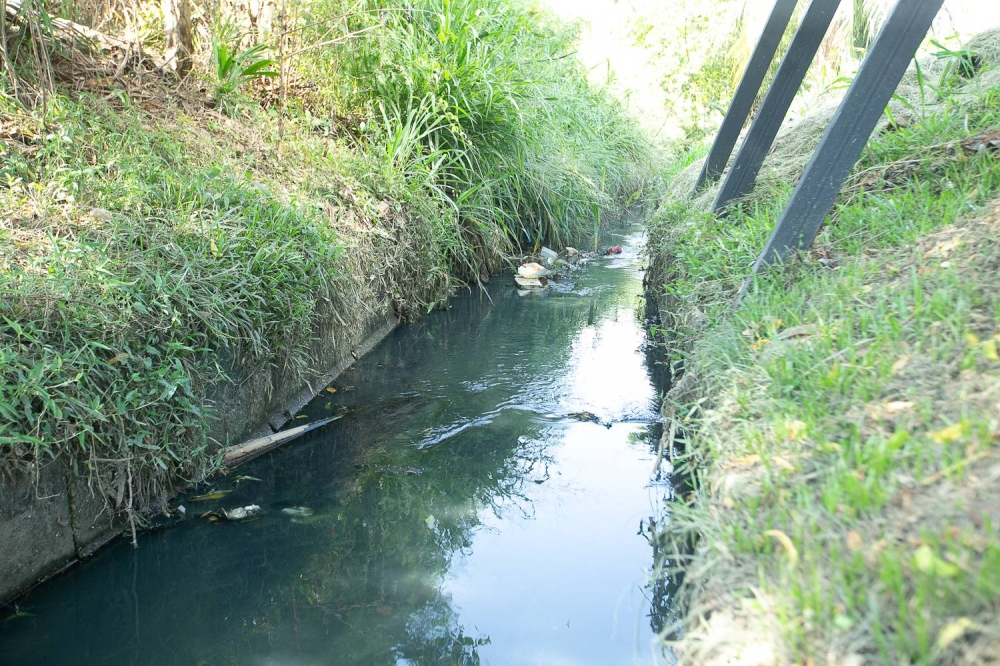
During Malay Mail’s visit in July, the network of monsoon drains in the neighbourhood were seen to be still choked with wild grass and plants, while other smaller drains were in a similar condition.
This is after Klang Municipal Council Environmental Services Department director Zaireezal Ahmad Zainuddin promised on June 25 that the cleaning-up of these monsoon drains was underway.
Malay Mail reached out to the Department of Irrigation and Drainage and the Klang Municipal Council for more information on the ongoing projects, but received no response from either.
Taman Melawis residents said that authorities have not given them an answer on what is going to be done to prevent floods from happening in the meantime while waiting for the project to be completed, nor did they receive any assurances of aid if floods were to occur.
However, some road and drainage works were seen in development along Jalan Teluk Pulai.
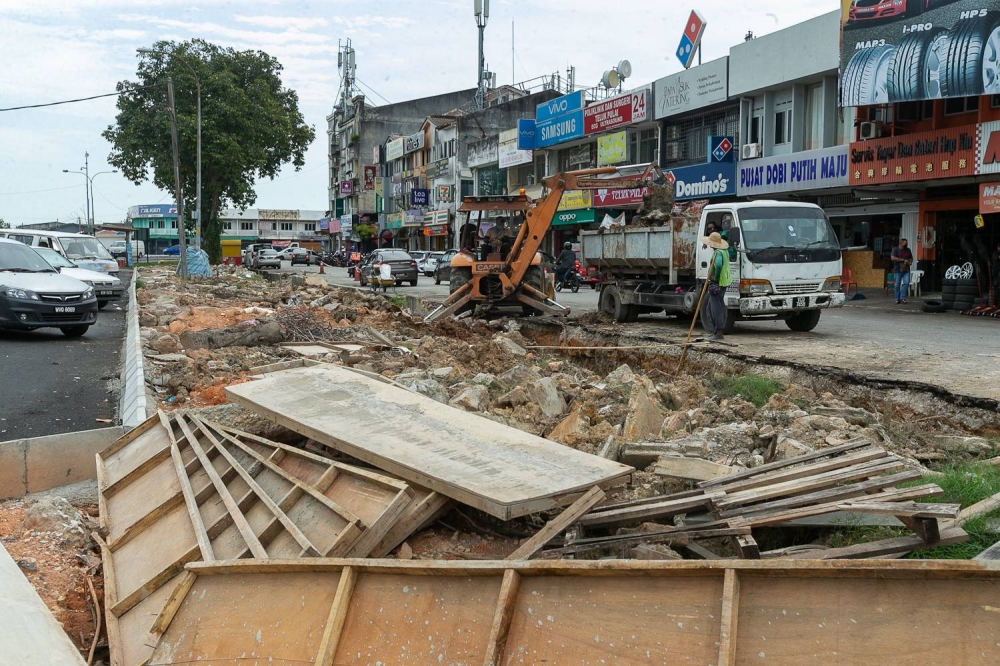
In some places, roadside drains were seen being widened, while at others, roads had a new layer of tar and raised curbs.
A resident living near Jalan Teluk Pulai said that over the years, fresh layers of tar have raised the road level, causing rainwater to flow more vigorously down to nearby homes that are at a lower level.
“What’s the use of waiting for the authorities? Sometimes I think they’re sleeping,” she told Malay Mail.






















